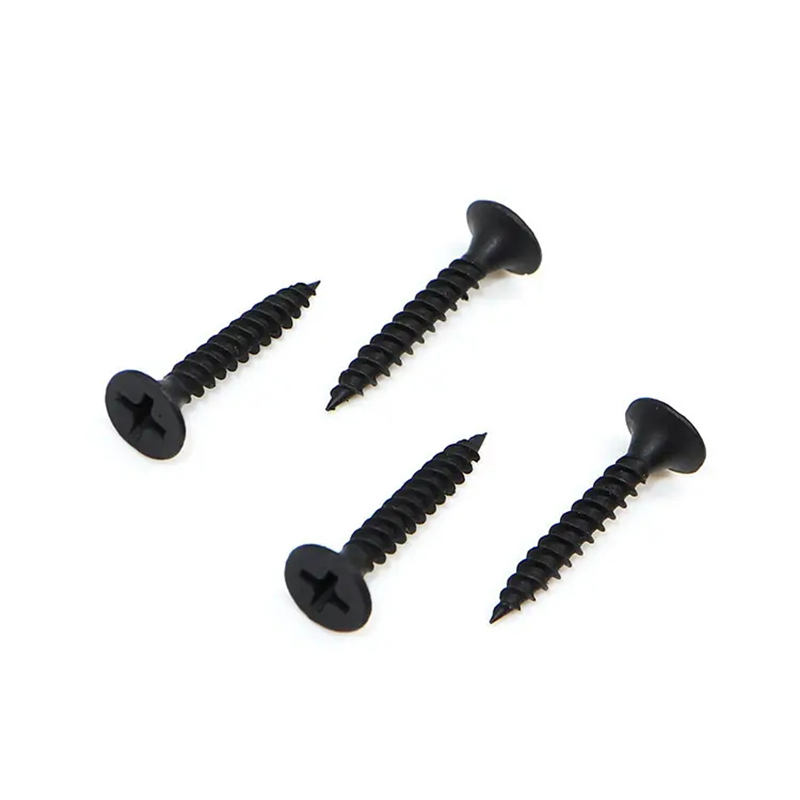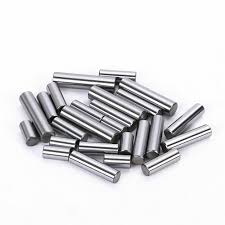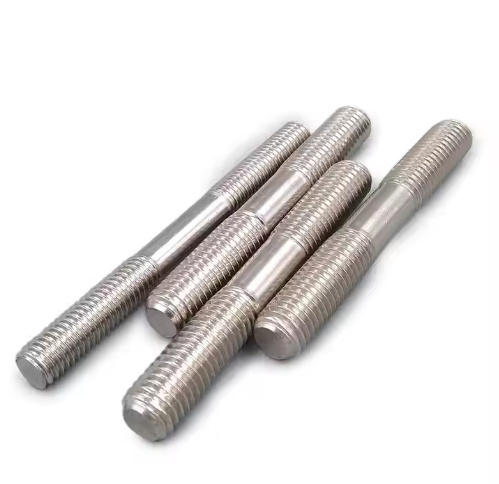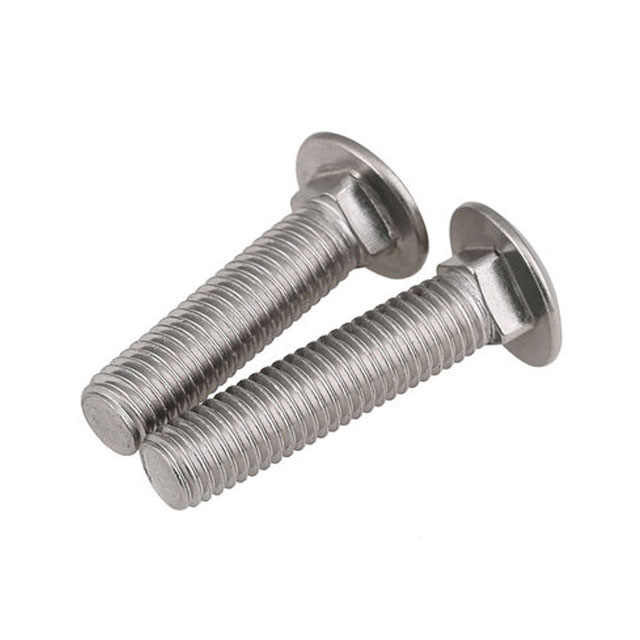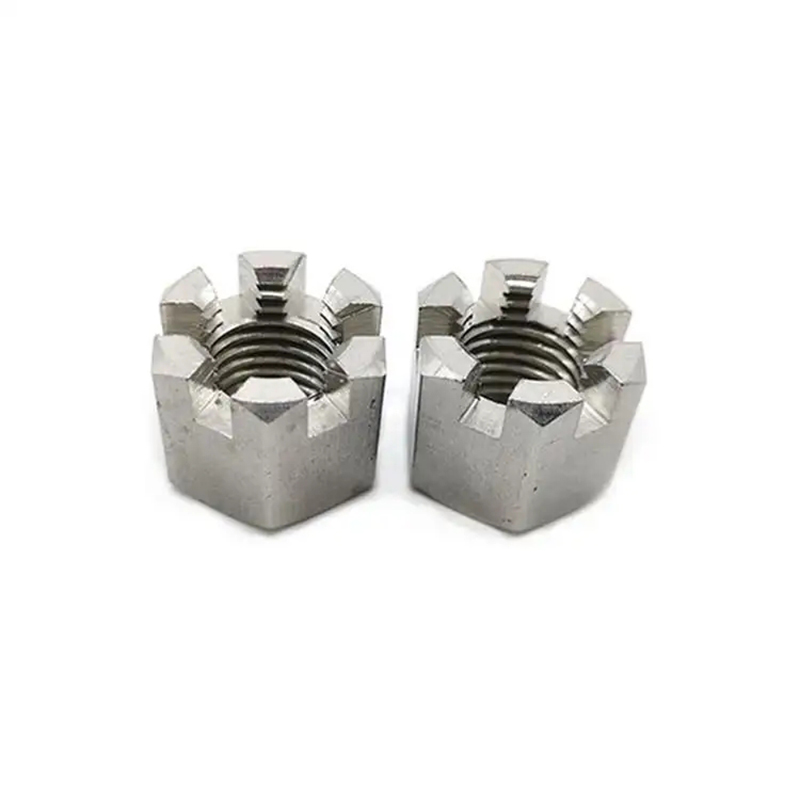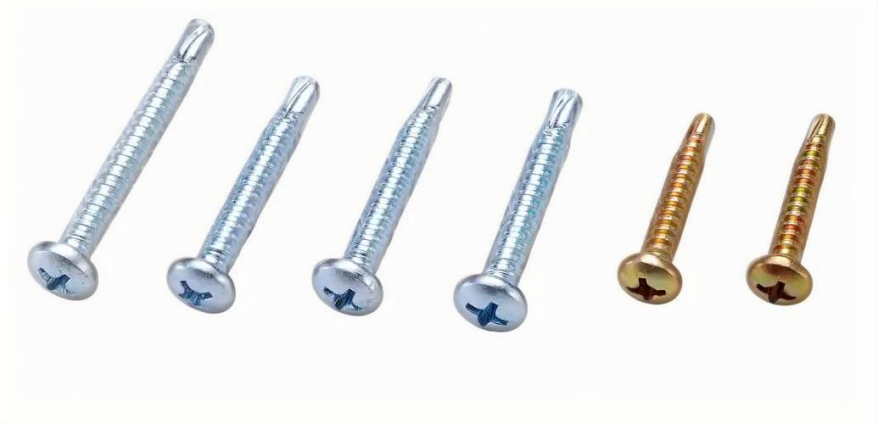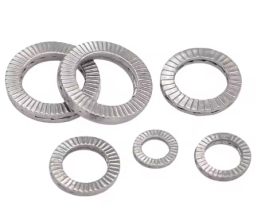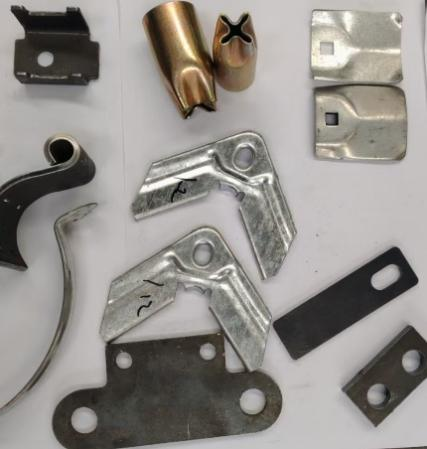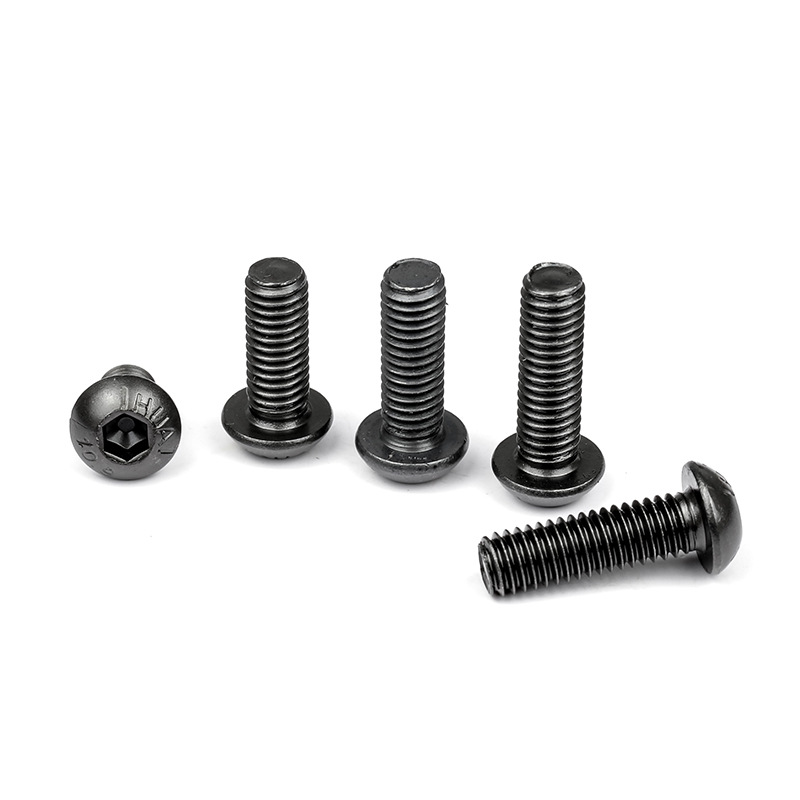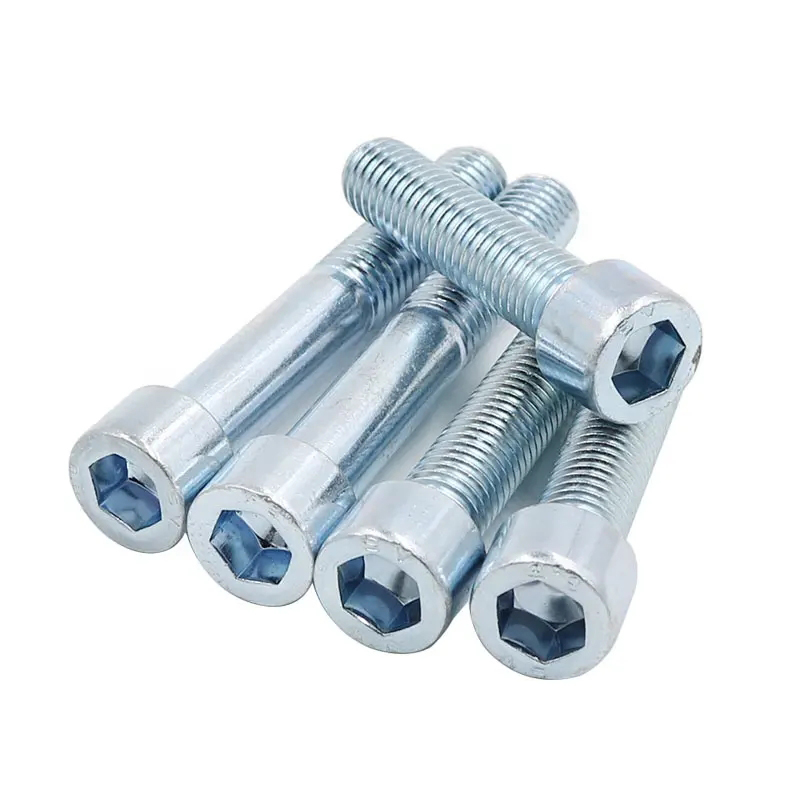

This guide provides a comprehensive overview of self-locking nuts, covering their types, applications, selection criteria, and where to buy them reliably. Learn about the different mechanisms, advantages, and disadvantages to make informed purchasing decisions for your specific needs.
Self-locking nuts, also known as locknuts, are fasteners designed to resist loosening under vibration or other dynamic loads. Unlike standard nuts, they incorporate a mechanism that prevents them from unintentionally unscrewing. This makes them crucial in applications where reliability and safety are paramount. Choosing the right self-locking nut is vital for ensuring the integrity of your assembly.
Several types of self-locking nuts exist, each with its unique locking mechanism:
Selecting the appropriate self-locking nut depends on several factors:
Sourcing reliable self-locking nuts is critical. Reputable suppliers ensure quality and consistency. For superior quality fasteners, consider exploring options from established manufacturers. One such option is Hebei Dewell Metal Products Co., LTD, a leading provider of high-quality fasteners. They offer a wide range of self-locking nuts to meet diverse industrial needs.
| Material | Strength | Corrosion Resistance | Temperature Range |
|---|---|---|---|
| Steel | High | Moderate (requires coatings for enhanced resistance) | Moderate |
| Stainless Steel | High | Excellent | Wide |
| Brass | Moderate | Good | Moderate |
Note: Specific material properties can vary depending on the grade and manufacturer. Always consult the manufacturer's specifications for detailed information.
Selecting the right self-locking nut is crucial for ensuring the safety and reliability of your assembly. By understanding the various types, their mechanisms, and selection criteria, you can make informed decisions and avoid potential problems. Remember to source your self-locking nuts from reputable suppliers to guarantee quality and performance.

